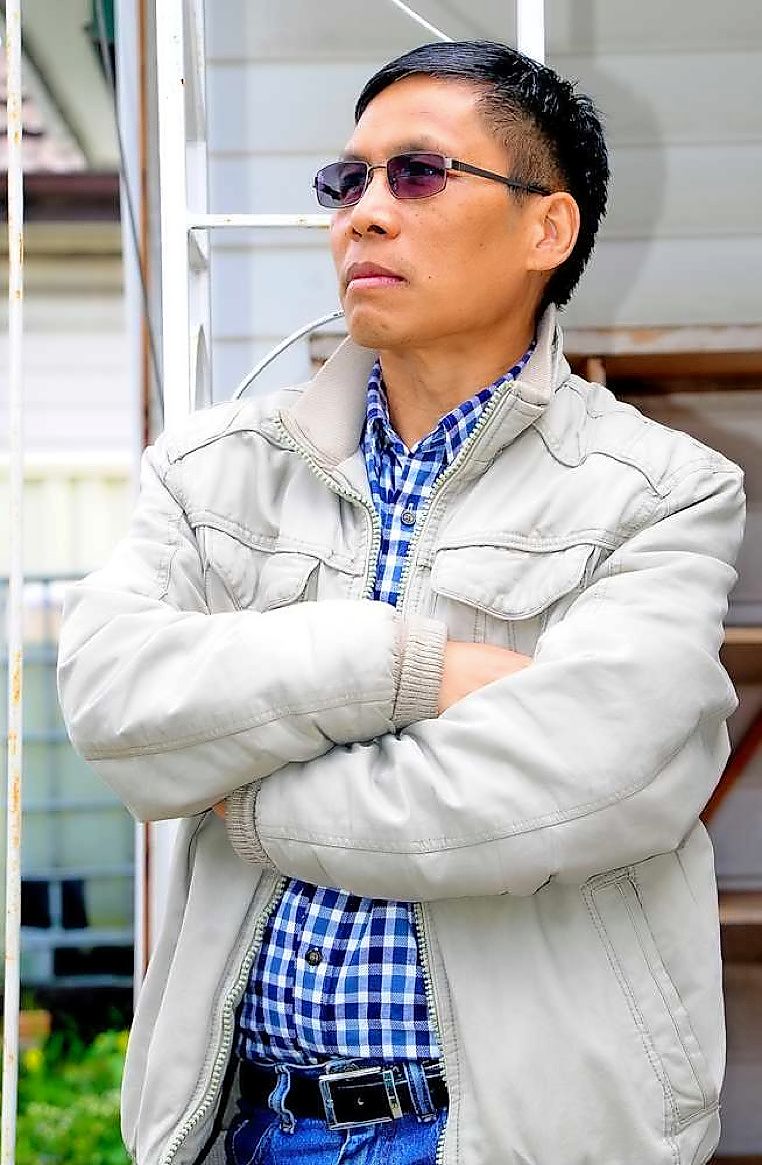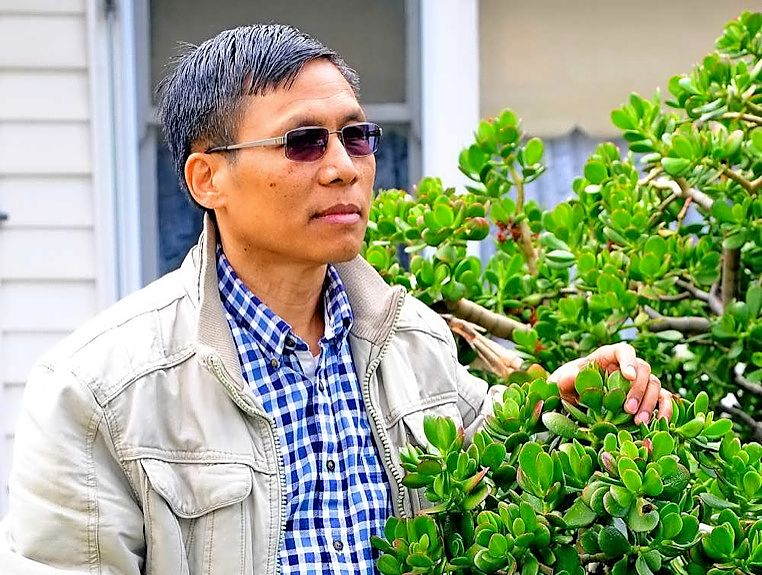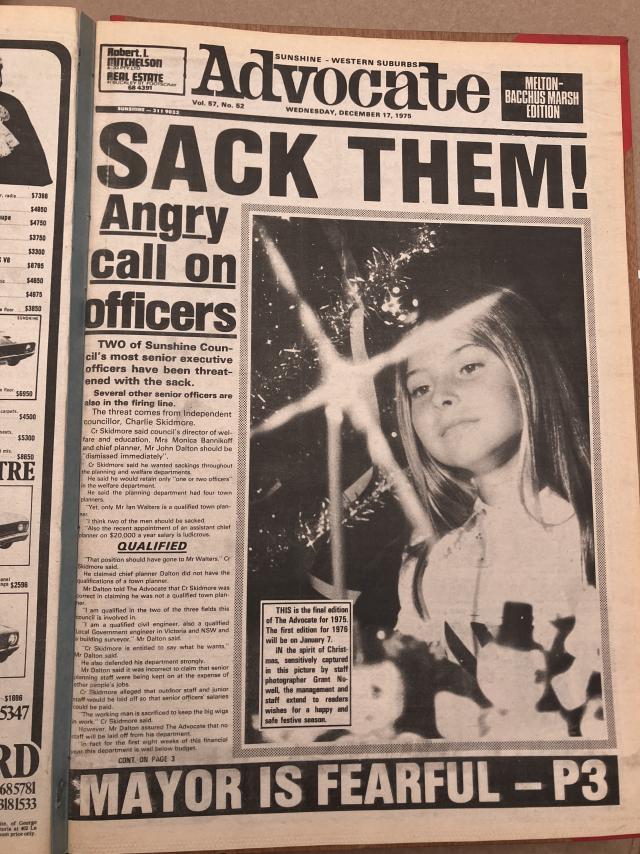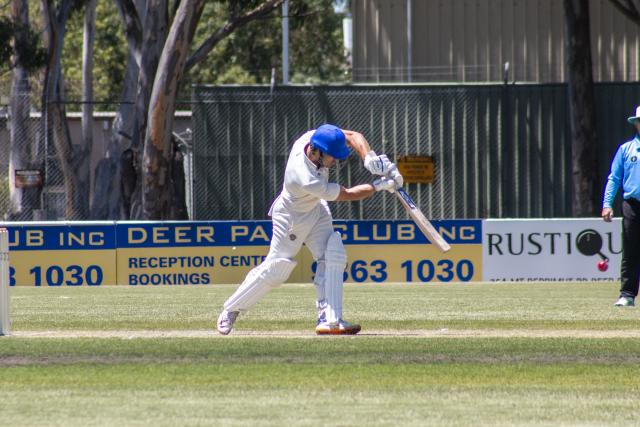By Paul Mitchell
For a man whose illness means he may soon be forced to leave Australia and return to Myanmar, Baptist pastor Si Khia cuts a figure of good health in his North Sunshine lounge room.
But the 57-year-old is nervous about the unrest that could soon be visited upon him and his family.
“From my point of view, the Australian government is generous in accepting refugees, but they are sticking to the law when it comes to my situation,” he says.
That law means, anytime from now on, Khia, a member of the Chin ethnic minority, could be ordered back to Myanmar.
And the hepatitis B from which he suffers will almost certainly reignite his health problems, and may even turn fatal.
Khia came to Australia five years ago on an education visa. The Christian education institution he worked for in Rangoon didn’t have anyone in his field qualified to supervise theological doctoral candidates.
So he enrolled in the University of Divinity in Kew, and was also hired as a part-time pastor for a western suburbs Chin congregation.
Part-time is a misnomer, though, as Khia works six days a week, as a pastor and spiritual father to 8000 Chin men, women and children, mainly refugees, living in Melbourne.
“I help them with housing and, if there is trouble, with the police,” he says. “I marry them, help them read emails, go to the bank, and assist them with learning to drive.
“I even went to the labour ward and helped as a translator when a mother gave birth.”
However Khia’s request for a sub 186 visa was declined.
And, if his appeal is unsuccessful, he will have to return to Myanmar with his wife and 22-year-old son, where he will not be able to access his current medication.
“My previous medication was manufactured in Myanmar and it did not stabilise my condition,” he says. “My Australian doctors put me on Australian-made medication, and I have had no problems since.
“I am worried for my health,” Khia admits.
“And for my community, if I have to go back to Myanmar.”
The Administrative Appeals Tribunal did not wish to comment on the case.
with Ben Cameron








